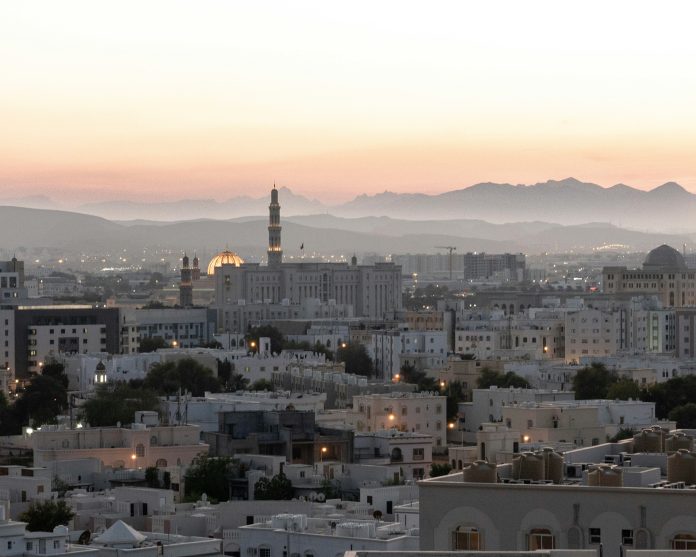The Sultanate of Oman plans to open a consulate in Cebu and expand direct air connectivity with the Philippines as part of a broader effort to deepen economic and diplomatic ties, Omani Foreign Minister Sayyid Badr Albusaidi announced during the Cebu-Oman Investment Forum.
The move is accompanied by a new visa-free entry policy for Filipinos, allowing stays in Oman of up to 14 days. Albusaidi said the initiatives are part of a long-term strategy to build new partnerships with Southeast Asia, anchored on business, tourism, and cultural cooperation.
“This is an invitation to think big, explore, and invest in each other’s future,” Albusaidi said during the forum held at the Fili Hotel in Nustar Cebu.
The initiatives include the establishment of a Cebu-based Omani consulate, new direct flight routes between the two countries, the launch of a Golden Visa program targeting long-term investors, and plans to host the Oman-Cebu Investment Forum in Muscat in 2026.
The Cebu-Oman forum was jointly organized with the support of Oman’s Foreign Ministry and Chamber of Commerce.
It brought together Philippine lawmakers and Cebu-based business leaders alongside Omani officials from the tourism, logistics, energy, and technology sectors.
The forum is part of Oman’s Vision 2040 strategy, which promotes innovation, sustainability, and international collaboration.
“Oman is investing in real estate, hospitality, renewable energy, AI, and logistics,” said Mikaela Pacubas Yap, who led the forum organization. “Filipinos are in a prime position to be part of this global shift.”
Yap added that Oman is now more accessible to Filipinos, whether as travelers, entrepreneurs, or investors.
Cebu Chamber of Commerce and Industry president Jay Yuvallos cited Cebu’s strong business ecosystem and skilled workforce as key factors in attracting international partnerships.
Former CCCI president Melanie Ng also highlighted Cebu’s globally minded entrepreneurial community.
During breakout sessions, Cebu’s private sector leaders in IT-BPM, real estate, manufacturing, and tourism outlined opportunities for inclusive growth.
Omani delegates responded with presentations on cross-border investment in logistics, renewable energy, and urban development.
For Oman, Cebu offers a strategic gateway to the rest of the Philippines and Southeast Asia. Officials say the planned consulate and direct flights will serve not only to expand tourism but to enable new trade and investment corridors between the two nations.
Oman’s decision to establish a consulate in Cebu and introduce visa-free travel for Filipinos marks a calculated step toward diversifying its global partnerships and reducing reliance on traditional investment corridors.
The shift reflects Muscat’s broader strategy under Vision 2040 to foster global linkages across emerging markets.
For the Philippines, the announcement comes at a time when regional economies are competing to attract Gulf investments in infrastructure, logistics, and clean energy.
The Cebu-Oman engagement places the province in a favorable position, offering Oman a logistics and investment hub in the central Philippines with strong domestic and ASEAN connectivity.
While labor remains a core pillar of Oman–Philippines relations, the rollout of a Golden Visa and the promotion of business-to-business engagement hint at a structural evolution in the relationship, from transactional to strategic.
The success of the Cebu-Oman Investment Forum and the proposed follow-up in Muscat will be a key test of whether such rhetoric can translate into concrete bilateral deals.
CebuBusinessNews.ph
